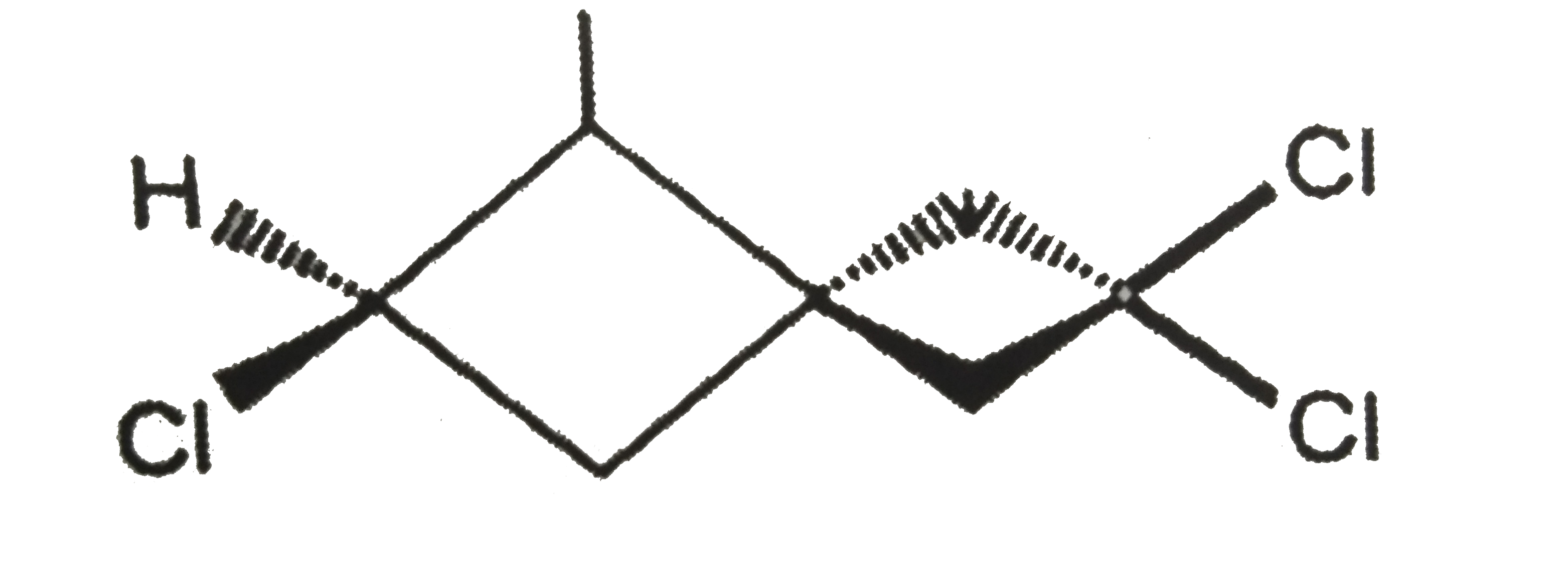A Compound X conducts electricity and is soluble in water. What kind of Compound is X, ionic or covalent? Assign other two properties of compound X other than given in the question.
To determine the nature of compound X and its properties, we can follow these steps:
Step 1: Analyze the Conductivity of Compound X
- Given Information: Compound X conducts electricity.
- Conclusion: Compounds that conduct electricity are typically ionic compounds. This is because ionic compounds dissociate into ions in solution, allowing them to carry an electric current.
Step 2: Analyze the Solubility of Compound X
- Given Information: Compound X is soluble in water.
- Conclusion: Ionic compounds are generally soluble in water due to the polar nature of water molecules, which can stabilize the ions formed when the ionic compound dissolves.
Step 3: Determine the Type of Compound
- Conclusion: Since compound X conducts electricity and is soluble in water, it is classified as an ionic compound.
Step 4: Assign Other Properties of Compound X
- Property 1: High Melting and Boiling Points: Ionic compounds typically have high melting and boiling points due to the strong electrostatic forces of attraction between the cations and anions.
- Property 2: Hardness: Ionic compounds are usually hard and brittle. The strong ionic bonds make them rigid, but they can shatter when a force is applied.
Final Summary
- Compound X is an ionic compound.
- Other properties of compound X include:
1. High melting and boiling points.
2. Hardness.
---
- Given Information: Compound X conducts electricity.
- Conclusion: Compounds that conduct electricity are typically ionic compounds. This is because ionic compounds dissociate into ions in solution, allowing them to carry an electric current.
- Given Information: Compound X is soluble in water.
- Conclusion: Ionic compounds are generally soluble in water due to the polar nature of water molecules, which can stabilize the ions formed when the ionic compound dissolves.
- Conclusion: Since compound X conducts electricity and is soluble in water, it is classified as an ionic compound.
- Property 1: High Melting and Boiling Points: Ionic compounds typically have high melting and boiling points due to the strong electrostatic forces of attraction between the cations and anions.
- Property 2: Hardness: Ionic compounds are usually hard and brittle. The strong ionic bonds make them rigid, but they can shatter when a force is applied.
- Compound X is an ionic compound.
- Other properties of compound X include:
1. High melting and boiling points.
2. Hardness.
Topper's Solved these Questions
- METALS AND NON-METALSBOOK - VK GLOBAL PUBLICATIONCHAPTER - METALS AND NON-METALSEXERCISE - PROFICIENCY EXERCISE LONG ANSWER QUESTION
3 Videos
- METALS AND NON-METALSBOOK - VK GLOBAL PUBLICATIONCHAPTER - METALS AND NON-METALSEXERCISE - PROFICIENCY EXERCISE SHORT ANSWER QUESTION-I
5 Videos
- CHEMICAL REACTIONS AND EQUATIONSBOOK - VK GLOBAL PUBLICATIONCHAPTER - CHEMICAL REACTIONS AND EQUATIONSEXERCISE - PROFICIENCY EXERCISE (LONG ANSWER QUESTIONS)
2 Videos
- MODEL QUESTION PAPER - 4 BOOK - VK GLOBAL PUBLICATIONCHAPTER - MODEL QUESTION PAPER - 4 EXERCISE - SECTION - B
2 Videos
Similar Questions
Knowledge Check
The given compound (X) has:
 AchiralityBsuperimposability on its mirror image isomerCplane of symmetryDC2 axis of symmetry
AchiralityBsuperimposability on its mirror image isomerCplane of symmetryDC2 axis of symmetryThe compound X produces methane when treated with water. The compound X is
Acalcium carbideBaluminium carbideCcalcium phosphideDaluminium nitrideThe compound X produces methane when treated with water. The compound X is
ACalcium carbonateBBeryllium carbideCCalcium phosphideDAluminium nitride
Do the covalent compounds conduct electricity ?
View SolutionGive one example of 1315 compounds.
View Solution
Compound X undergoes the following reaction sequence. What is the structure of compound X?
View SolutionRead the following information about ionic compound-
(i) For formation of ionic compound ionisation potential of metal should be high.
(ii) Ionic bond has non directional nature.
(iii) For completeion of octetionic bond can represent as a coordinate bond.
(iv) Ionic compound does not conduct electricity in solid state but conduct electricity in molten state.
(v) During the solubility of ionic compound if lattice energy > Hydration energy then compound is insoluble in water.
The statements which are correct is:
View SolutionA compound 'X' on ozonolysis form two molecules of HCHO. Compound 'X' is
View Solution
